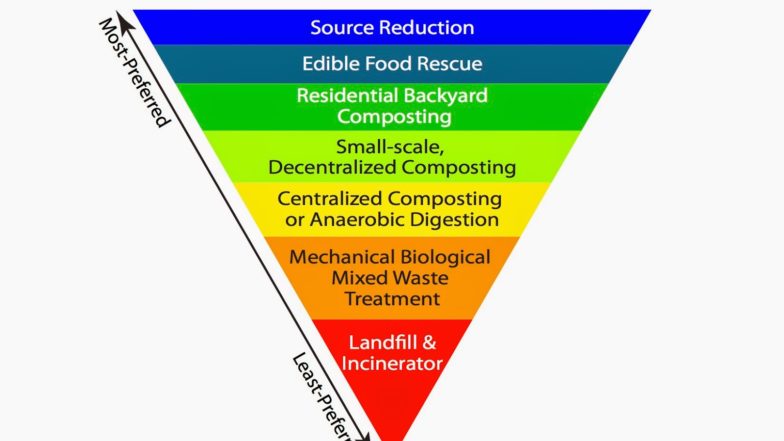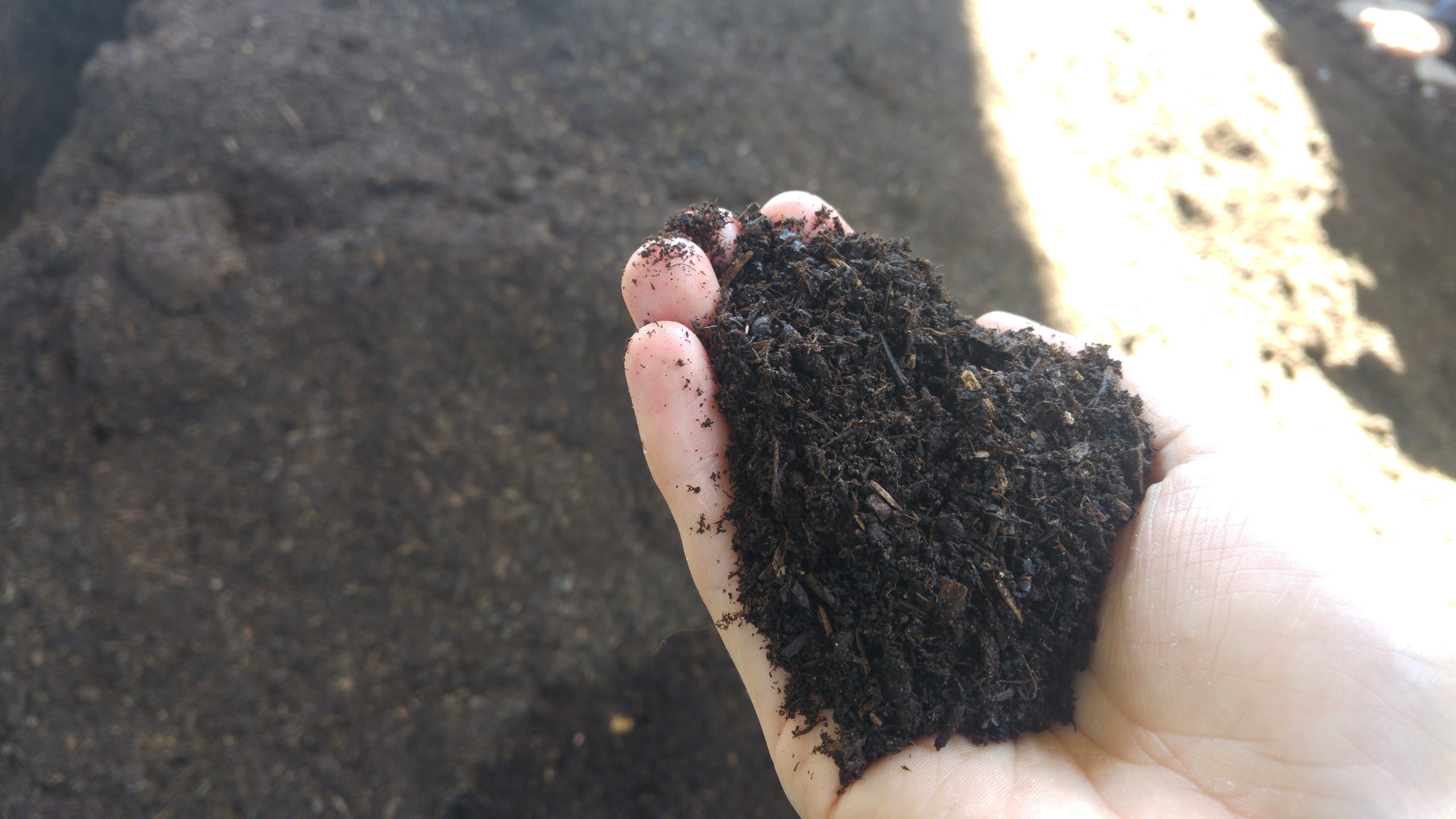EU Bioenergy: Time to follow the Waste Hierarchy

Zero Waste Europe’s response to the public consultation on the EU’s post-2020 sustainable bioenergy policy.

Today, the Zero Waste Europe network and many other organisations around the world have called on the European Commission to use the Waste Hierarchy to guide the EU’s post-2020 sustainable bioenergy policy and phase out harmful subsidies that support energy from organic waste incineration. According to the Waste Hierarchy, biowaste should first beprevented , then fed to humans or animals, and finally used for composting or anaerobic digestion, as these are solutions that can deliver the greatest greenhouse gas emission reductions, as well as other co-benefits.
Click here to read our full submission to the Bioenergy Consultation.
Molly Scott Cato, Green MEP for the South West, UK:
We must stop investing in damaging incineration that runs counter to the idea of a circular economy and undermines a waste hierarchy which prioritises waste prevention, recycling, composting and anaerobic digestion.
The main recommendations for a Sustainable Bioenergy Policy, included in Zero Waste Europe’s official response to the consultation are:
1. EU climate and energy policies should be aligned with the Waste Hierarchy embedded in the Circular Economy Package, respecting the priority for reduction or composting/Anaerobic Digestion, before incineration.
It is time for the EU Climate and Energy Policy to fully account for the contribution of the waste sector to a Low Carbon Economy, and foster appropriate alignment for the most climate-friendly options in the waste management sector, as described in the Waste Hierarchy. In particular the Sustainable Policy on Bioenergy should explicitly exclude Municipal Solid Waste as a source of sustainable energy.
Mariel Vilella, Zero Waste Europe Associate Director:
We should all aim for 100% Renewable Energy, but none of it will do any favors to climate change mitigation if it ends up increasing deforestation, incineration, resource depletion and air pollution. Renewable should synonymous with clean and sustainable energy, and unfortunately right now it’s not the case.
2. Harmful renewable energy subsidies to extract energy from residual waste should be phased out.
Extracting energy from residual waste is a net contributor to Green House Gas emissions inventories rather than a saver.3 These harmful subsidies are one of the major obstacles to fully implementing a Circular Economy, this being an extremely counterproductive misalignment between two fundamental pillars of current EU policy. This is a fundamental mis-allocation of resources and they should be discontinued without delay.
3. EU Climate and Energy Policy should work towards valuing energy embedded in products and establishing an energy preservation paradigm rather than burning limited natural resources for the extraction of energy.
Energy policies for a low-carbon economy should progressively move away from extracting as much energy as possible from waste and instead increase measures to preserve the embedded energy in products, a far more efficient and sustainable approach to resources.

Antigone Dalamaga, Director of Ecological Recycling Society & President of RREUSE Network:
We must focus on implementing the upper levels of the Waste Hierarchy. Prevention, reuse, recycling and composting protects the environment and creates jobs. Incinerating organic waste is not an environmentally sustainable or economically viable option compared to the alternatives of composting and anaerobic digestion.
In conclusion, the revision of the Renewable Energy Directive and the development of a Sustainable Policy on Bioenergy is an opportunity for Europe to become a leader in clean, sustainable and renewable energy, but it’s critical to ensure that these sources are clean, efficient and science-based.
Flore Berlingen, Director of Zero Waste France:
In France and across Europe, zero waste strategies that prioritize waste prevention, reuse, recycling and composting are gaining momentum. The EU Sustainable Bioenergy Policy should follow the Waste Hierarchy and contribute to this positive trend, making sure that organic waste is used in the most climate-friendly way.
“Renewable should synonymous with clean and sustainable energy, and unfortunately right now it’s not the case.”